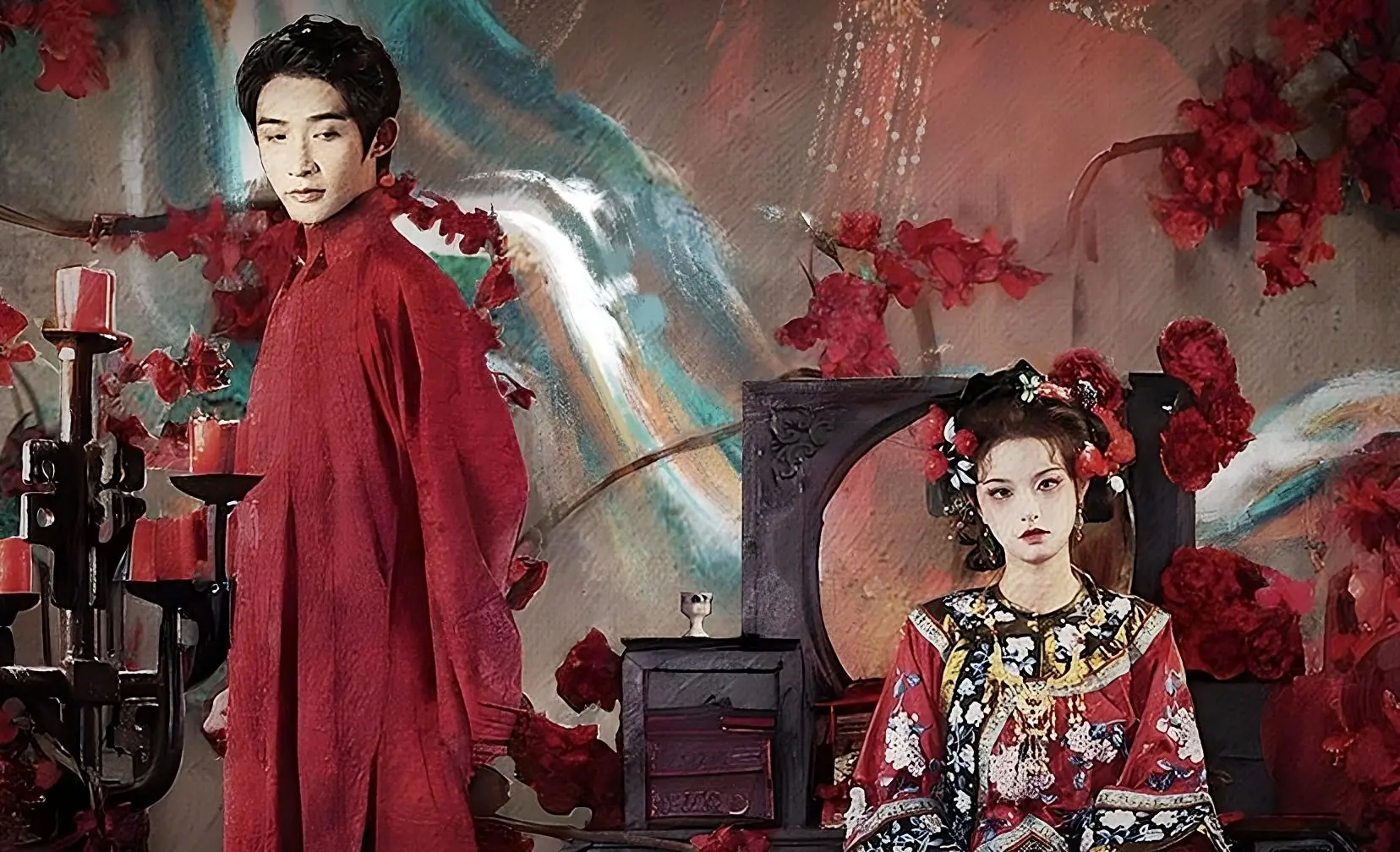Having been described by media as having “blown up” and facing heavy regulation amid calls for cooling down, the microdrama genre is having quite a year in 2023. More microdrama series were produced in the first 6 months of this year than over the whole of 2022. The format now has viewership in the hundreds of millions and is even getting sponsorship from big-name beauty brands.
According to China’s National Radio and Television Administration (NRTA), a microdrama is a web series with episodes between under a minute to 15 minutes each. These series mostly stream on social media platforms, including short-form video platforms like TikTok’s sister app Douyin and Kuaishou, and often on WeChat mini programs.
The origin of genres
The microdrama has been growing on these platforms since as early as 2018 in the form of comedy sketches. Kuaishou, early to see the potential of the microdrama, started a segment on its platform called “Kuaishou Small Theatre” in 2019 to round up this type of content. Kuaishou was also the first to adopt the concept of “microdrama” in 2020 when it launched its own microdrama brand “Xingmang Project”, later renamed “Xingmang Microdrama”. Conventional web series producers Tencent Video, MangoTV and Youku also started releasing microdramas. During this time, the microdrama was mostly 10 minutes per episode, closer to conventional web series.



Things changed in 2022 when mini program microdramas burst onto the scene. With an average episode length of around a minute and a huge reach through WeChat, these series try to get viewers hooked with free episodes, before leading them to the mini program to pay for the rest of the series. These series usually have low budgets, and short production cycles and are mostly genre series like rom-coms, period palace intrigues or corporate power struggle dramas. These microdramas usually have viral views and explosive earnings, often grossing tens of millions of RMB within days. The series Unparalleled, for example, earned 100 million within an unparalleled 8 days.
The series Unparalleled, for example, earned 100 million within an unparalleled 8 days
This show is brought to you by
Brands, especially beauty brands, are using the microdrama as a new marketing channel. With a budget comparable to a TV commercial and an average production cycle between 1-2 months, it is a quick and wide-reaching form of brand promotion. A host of brands from C-beauty stars such as Proya and Kans to global giants like Yves Saint Lauren and Clinique have all sponsored microdrama shows in the past 2 years. The forms of collaboration can range from conventional displaying of sponsorship, and product placement, all the way to special commercial episodes, having the team behind the microdrama appearing in livestream shopping or even having brand executives playing a role in the series, as Marubi and Hexze have done with Close to Gemini and Break the Waves, respectively.
With a budget comparable to a TV commercial and an average production cycle between 1-2 months, it is a quick and wide-reaching form of brand promotion
The breakout
The 3-part microdrama series Escape from the British Museum garnered over 350 million views on Douyin when first released between August and September and is being made into an animated film. The first episode received over 10 million likes on Douyin, and episodes 2 and 3 got over 8 and 9 million likes respectively. The series also won praise from CCTV6, the film channel of the state-owned TV station. The creators gained more than 5 million followers across platforms in just 7 days after the series went viral.
The story of the show revolves around the journey home from the British Museum of a Chinese jade teapot that turned into a woman. Without resorting to genre stories or stock characters, the series also resonates with the nationalist sentiment about Chinese artefacts in the museum, or outside China, especially due to war or imperialism. The release of the microdrama also coincided with the news of the theft of an estimated 2,000 artefacts from the British institution.
The series, with its relatively long running time of between 2 to 10 minutes per episode and higher production value, has been described as a “catfish” for microdramas, forcing the industry to reach for higher quality in production and content. Linmon Media’s series Twenty-Nine, which gained over 100 million views for just its first 3 episodes, has been described as a milestone of high production value microdrama. Some point out that the commercial strength of the microdrama is its short production cycle and low cost, higher investment would make the format commercially unfeasible. Meanwhile, others argue that the quality of content should be the direction of improvement for the genre, not the quality of production.
the quality of content should be the direction of improvement for the genre, not the quality of production
Law and order
In time, the exponential growth has attracted the attention of regulators. On the 16th of November, a microdrama titled “黑莲花上位手册” (sometimes translated as Black Lotus Training Manual”, not to be confused with “The Guide to Capturing a Black Lotus”) was released. It was rumoured to have grossed over 20 million RMB (2.82 million USD) within 24 hours. It was pulled by both Douyin, Kuaishou and WeChat 5 days later for “promoting extreme revenge, meeting violence with violence, confusing right from wrong and portraying the evil in human nature”.
It was only the latest of many microdrama series that were removed from platforms. The NRTA started to regulate the fast-growing market of microdramas in late 2022 by pulling more than a million episodes of content and shutting down thousands of accounts. It recently announced new measures, including a proposed “content screening system”. NRTA also pledged to review various aspects of microdrama production, including “casting, production, storylines, marketing and distribution” as well as “social value”. That, indeed, is why Escape from the British Museum received praise from state media and Black Lotus was pulled from all platforms.
regulations will filter out some lower-quality series and in turn benefit leading content producers
However, experts argue that the regulations will filter out some lower-quality series and in turn benefit leading content producers. Along with the popularity of Escape from the British Museum, the future of microdrama may become quality over quantity.









